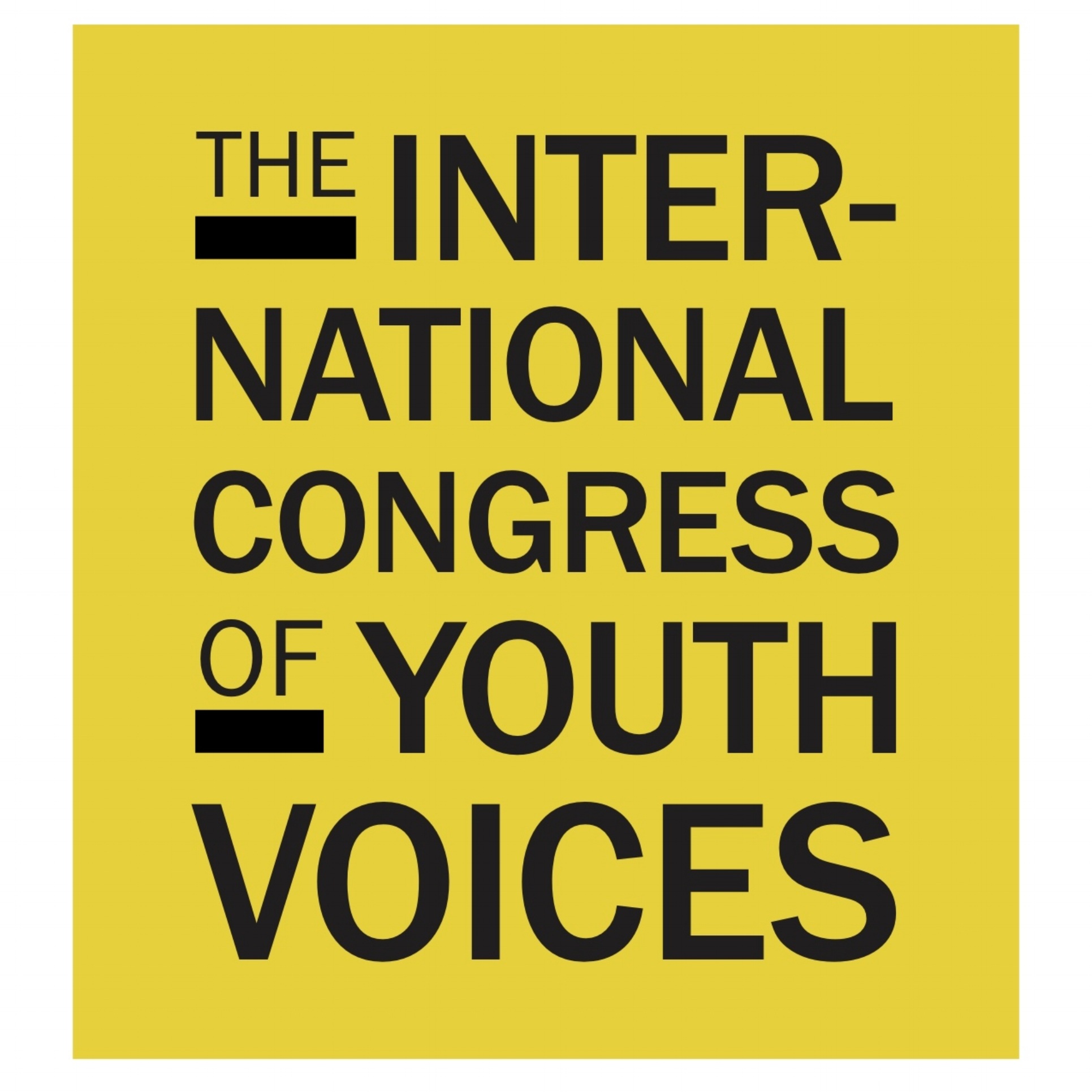VIVIAN PHAM, 18
Vivian Pham was born in Orange County, California, and emigrated to Sydney, Australia, with her family when she was very young. Pham is most passionate about issues surrounding post-colonialism, feminism, prison reform, structuralized racism, and Third World solidarity. Her father, her greatest role model, escaped Vietnam and came to the United States when he was 17.
Pham hopes she will be able to improve living conditions in the so-called Third World in her lifetime. She does not see this work as charity but rather one of solidarity with those nations whose “underdeveloped” status is dramatically linked to the development of capitalist Euro-American empires. Pham hopes to commit all of her efforts to creating a future system of trade where there is equilibrium, distinct from the current model which exploits the poorer two-thirds of humanity to serve the upper class.
Through writing and inventing fiction, Pham feels as if she is preserving history. She believes that all writing is important and that stories have the power to encourage readers to empathize with those who are marginalized from society. In 2017, Pham wrote a novel with Sydney Story Factory, a nonprofit youth writing centre. That novel has been acquired by Penguin Random House and is due for publication in March 2020. Her short story, “The Past Does Not Sleep Soundly,” was published by Southerly Journal in 2018. Pham studies philosophy in college and is currently working on a novel which explores Australia's contemporary race relations and its colonial roots in a humorous way.
The Ripple Said to the Tsunami
by Vivian Pham
Here, a coin of light to float in the satin-night sky. Here, a tiny fishing boat to carry two-hundred-too-many, powered by wind and half-answered prayers into the mirage of rippling moonlight. Here, bodies suspended over a blade of water. This is where myth and memory meet, where history comes to holiday; immortalised in ink, immortalised in minds.
Do you hear the choked stillness of saxophones swelling with dirty water, making music of loss? No one can say where the blues begin. Silence is another kind of drowning.
He is calling out to you, ông bà tổ tiên. Ancestors. Here he sits beneath entangled limbs and destinies. My father. Your son. Only seventeen years old with cheekbones that whisper the geography of our kingdom’s misted mountains. Listen to the wind turning in his belly. Ten days at sea and all he has had to eat is the wet starch of sweet turnip, harvested from the ravaged field of calories and cluster bombs. Each atom aches for rest. Each caustic blink begs to be the last.
His mind insists on staying awake. Sleeplessness does not soften the senses. The wooden hull of the boat is steel against his spine. The fish guts of yesteryear’s haul have stained the wood. The grime beneath each toenail is heavy on his tongue. The world’s carnage has carved a place inside of him, but his eyes are full of the enameled moon.
Among a family of scattered stars, each asterisk dropped on the page must lead to a footnote somewhere. He orders the gems into constellations, traces the bloodline of the cosmos. Before he could learn astronomy’s riddles, his school was bombed to rubble. But a very specific part of him, which neither belongs to the lined pages of the mind nor to the sagging couch of the heart, supposes that the distance between him and the stars has less to do with miles and more to do with time. He stares at the sky, knowing what lies ahead has already passed.
He is calling out to you, ancestors. You are the sky pitched above his head. You have watched him grow up from thumb-sucking infant to bullet-biting boy. You know him well; he does not disturb you from your resting place without good reason. He has only ever uttered your names in prayer to offer the harvest’s first fruits, but he summons you now because a baby died last night, too young to know the taste of his mother’s milk. Lowered over the side of the boat they all watched in a doomed silence, half-hoping the bottomless water would wrap itself around the newborn like a blanket. Or perhaps the infant would learn to swim in its last seconds.
The petal sunk into the mouth of the ocean. And there were the pirates with their cruel smiles and machetes spoiled by saltwater rust, who took rings of gold and pretty girls. Look at him, the inheritor of your sun-soaked skin. The rest of the world may forget your death but he is the only evidence you ever lived. He is the blood of your dust-dry corpse and the bone of my clasped hands.
Ancestors, I have heard stories about you. You and I are two kinds of spirits. My father has not even imagined my coming. I am two decades away. I am mist unborn, a collection of dew drops, a thousand tricks of light not yet pricked with blood. Yours is an earthbound death recycled into new energy, given another dimension to haunt. You are charcoaled flesh and stench of metallic blood– skin blasted off the bone and missing limbs.
Your spirit is steeped in enough suffering to last eternity. You are acquainted enough with death to keep it running other errands.
Won’t you give him a blessing? Just enough to blow the boat on its way a little quicker. Perhaps some spare change to keep in his pocket for the next journey.
My father thinks about the bombs and blossoms dropping all around the world. An old song comes to his mind. The one about the unfortunate poet, the leper who wanted to love but could not bear to be seen.
Who wants to buy the moon? I’ll sell it to you.
Oh, to be young and dirt poor, thinking that the world belongs to you. It turns out to be almost true.

